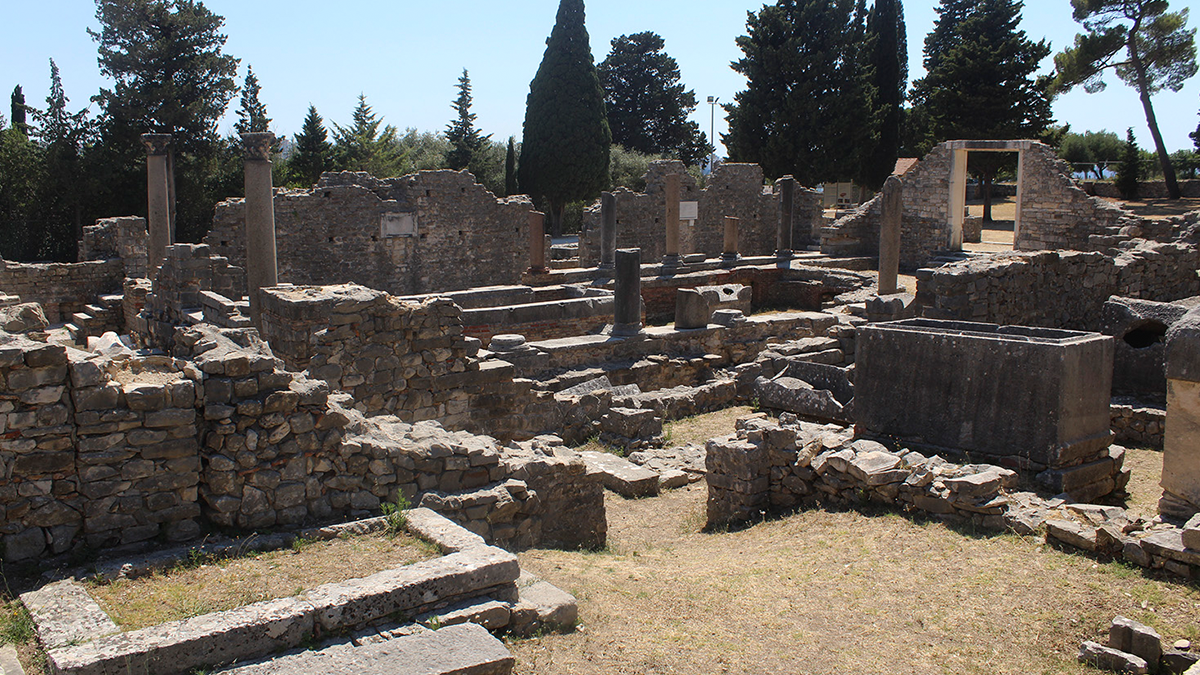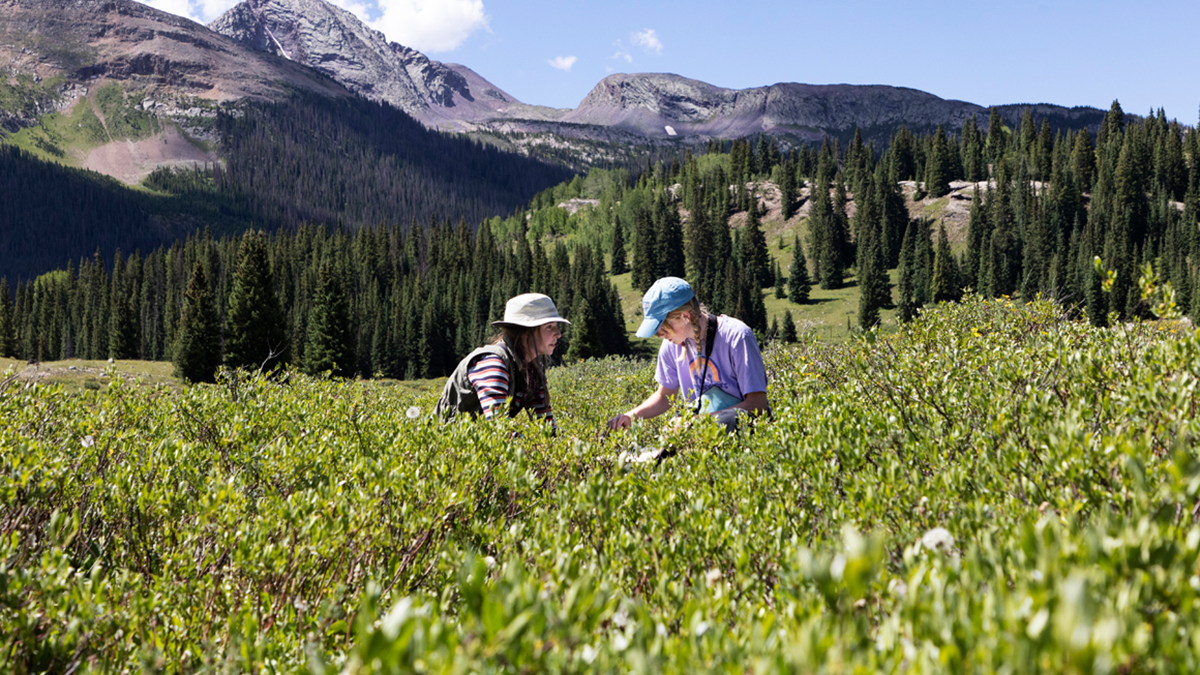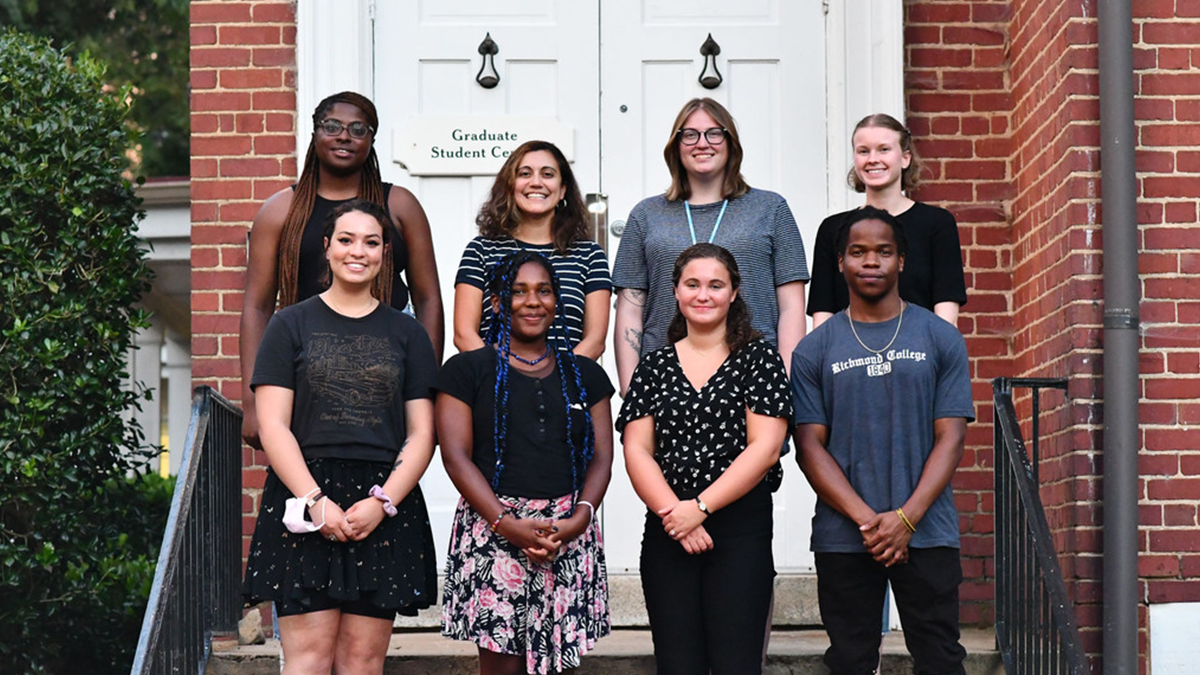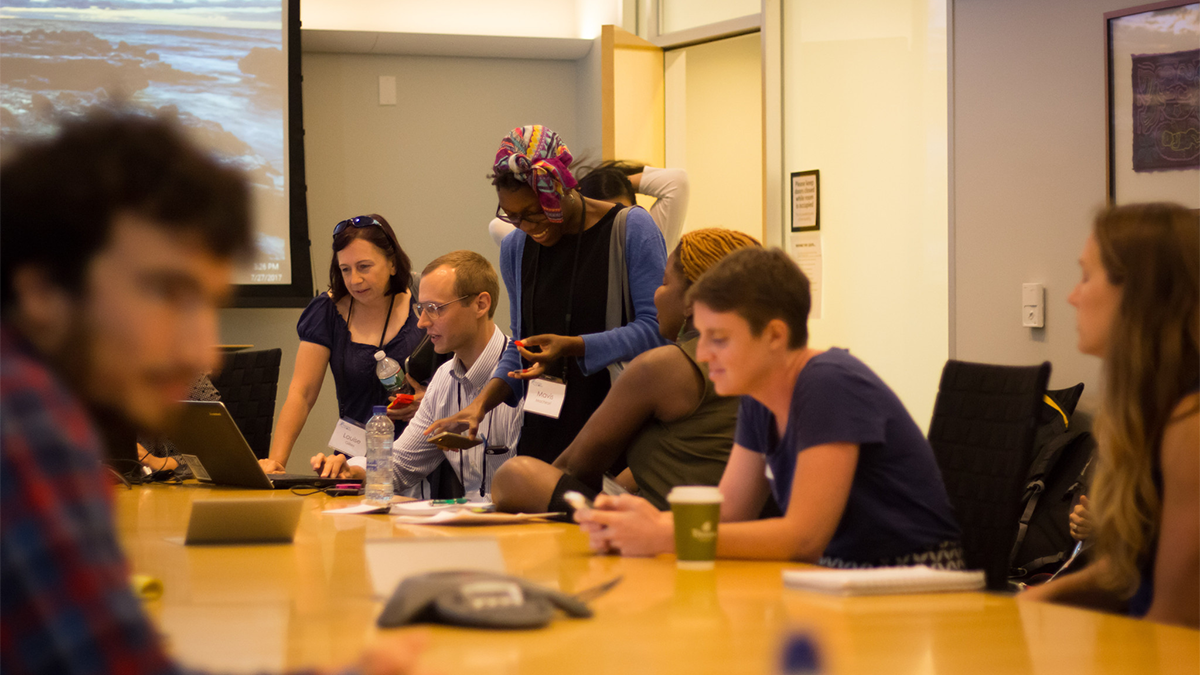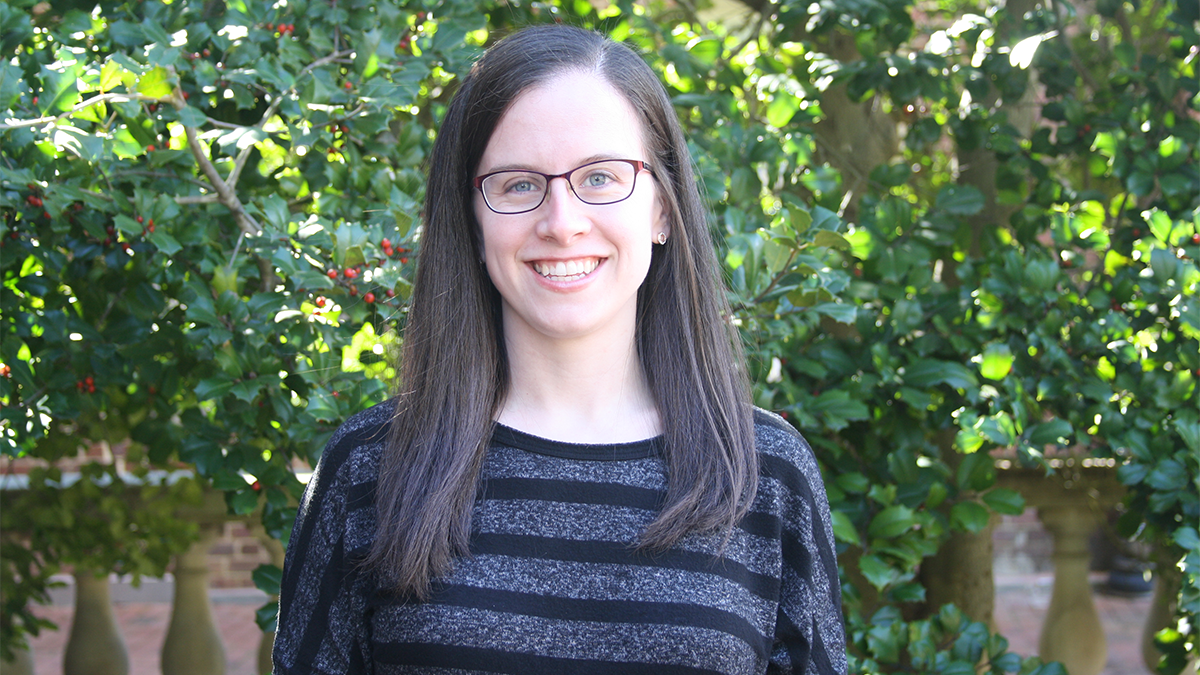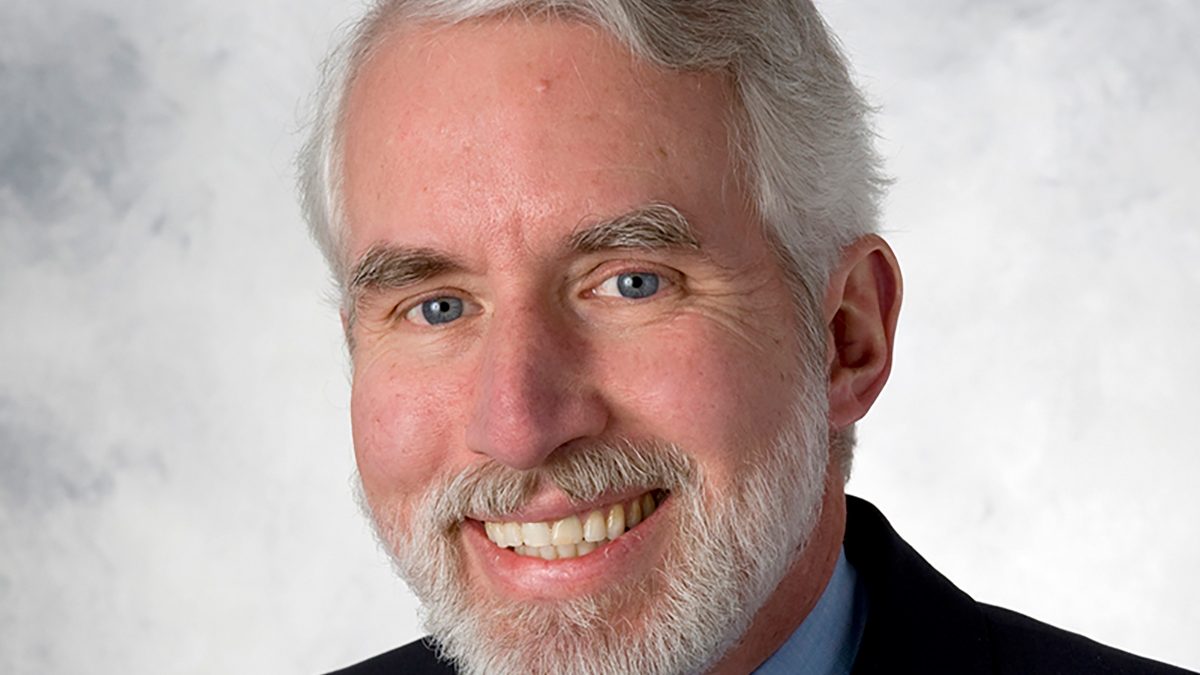Membranes and Modeling
Royster Fellow and Ph.D. student Riley Vickers is bringing his distinct expertise to a multidisciplinary team working to improve the world’s access to clean water.
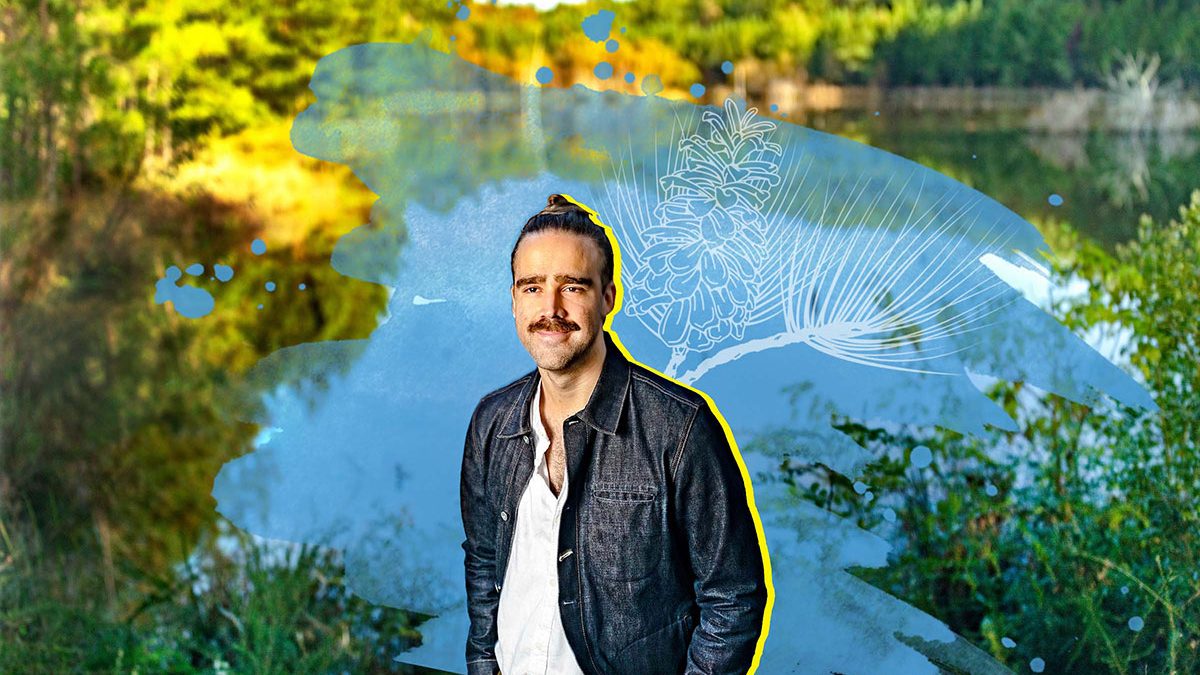
Royster Fellow and Ph.D. student Riley Vickers is bringing his distinct expertise to a multidisciplinary team working to improve the world’s access to clean water.
Royster Fellow and Ph.D. student Riley Vickers is bringing his distinct expertise to a multidisciplinary team working to improve the world’s access to clean water.
‘Going after the holy grail’
A glance at a globe or a view of Earth from space instantly reveals that our planet is more water than ground. Water covers more than 70% of the earth’s surface, yet only 3% of the earth’s water supply is fresh water — and clean fresh water is quickly becoming a scarce resource.
But what about the oceans that comprise the other 97% of the earth’s water? And how can we ensure our fresh water is — and remains — pristine enough to drink and abundant enough to nourish crops?
An interdisciplinary team of polymer chemists, computational modelers and environmental engineers at UNC-Chapel Hill is working on a solution: Develop new filters that make water purification more energy efficient, ultimately improving the world’s access to clean water.
“We are going after the holy grail where we design a membrane that can be used for desalination,” said Theo Dingemans, principal investigator for the Sustainable Access to Clean Water Creativity HubOpens in new window and professor of applied physical sciences. “This new type of membrane can operate at lower energy and can produce safe drinking water at less than one dollar per cubic meter of sea water. At the rate we’re consuming fresh water, we need technologies that are affordable and robust.”
Riley Vickers, a doctoral student in environmental sciences and engineering at the UNC Gillings School of Global Public Health who contributes to the Sustainable Access to Clean Water project, brings his distinct expertise in membranes and computational modeling to the multidisciplinary team. Vickers’ dissertation aims to improve synthetic membranes for water treatment using molecular-scale modeling — work that has direct implications for the project.
Associate Professor Orlando Coronell and Okun Distinguished Professor Casey Miller serve as Vickers’ advisors. Both hold positions with the Gillings School and are affiliated faculty with the Department of Applied Physical Sciences. They are also members of the Access to Clean Water team.
“Riley is in an interesting position as a student advised by me and Casey Miller,” said Coronell. “I’m an experimentalist doing wet lab, hands-on work to test and modify membranes, and Casey is an expert in computational modeling at all scales — from water that flows through the ground to water and contaminant molecules moving through intermolecular spaces in a polymer membrane. Riley has become an expert on both the experimental and modeling sides and is unique because no one else has that particular expertise. He can see things from both perspectives.”
Attracting the best students to Chapel Hill
Vickers received his bachelor’s degree in civil engineering from the University of Texas at Austin, where he discovered an interest in water treatment.
“Carolina was appealing because of my interest in studying membrane systems for water treatment by reverse osmosis desalination — removing salt from sea water,” said Vickers. “The technology is true hard engineering, but a component of that is designing and understanding the membranes themselves.”
The process of using membranes to remove salt from water is too small to observe, Vickers explained. “Membranes themselves are nanometers thick — think of the size of molecules or atoms. By using a technique called molecular dynamics, we can simulate the movements and behavior in a computer, approximating what they are doing at that scale and with full descriptions of what’s going on.”
Vickers’ Ph.D. studies are supported by the premier doctoral recruitment fellowship at UNC: the Graduate School’s Royster Society of FellowsOpens in new window. The fellowship provides five years of tuition, stipends, fees and health insurance; travel funding for presenting research and attending academic conferences; and a variety of other benefits that go beyond funding, including professional development and networking opportunities.
Two years of the fellowship are non-service years — meaning fellows are not required to teach or serve as research assistants — so students can focus on their studies and pursue other sources of funding. During his second year at Carolina, Vickers applied for and received funding from the National Science Foundation Graduate Research Fellowship Program (NSF-GRFP).
“Being supported by the Royster Fellowship helped me get situated and ready to take the time to pursue additional funding,” said Vickers. “I didn’t have to spend my time on other obligations and was able to pursue my own research interests and contribute to the Creativity Hub project.”
Having been in a similar situation himself when completing graduate studies at the University of Illinois, Coronell, one of Vickers’ advisors, noted how critical graduate student support can be.
“Graduate studies are insanely expensive,” he said. “Even if you get a fellowship, it is typically not enough to take you through the whole Ph.D. program. Many who have the talent, vocation and self-motivation to pursue graduate studies will likely not be able to do it because of financial constraints.”
‘Following that passion’
Susan Lord, Ph.D., faculty emeritus at the UNC School of Medicine, has helped alleviate financial constraints for graduate students for decades. She has supported the Royster Society of Fellows from its inception in 1996. For 25 years, her generosity has funded doctoral students during their time at UNC-Chapel Hill.
Lord served on the first-ever application committee and became the second director of the fellowship program in 2001. Her legacy at UNC-Chapel Hill solidifies her passion for graduate education.
“I am delighted to be able to sponsor a promising student for their dissertation studies,” shared Lord. “I am pleased that I can contribute to the expansion of the society, which has grown significantly from its early days. Giving to this society provides an easy and familiar path for following that passion.”
Supporting graduate students at UNC-Chapel Hill goes beyond changing the trajectory of one life, as Vickers has shown through his contributions to research on campus. And who knows? One day, Vickers might just find that holy grail that provides clean water for all — he’s certainly putting in the legwork.
“I get a lot of fulfilment knowing that someday, down the road, someone may be able to utilize the things I produce to benefit the lives of others.”
